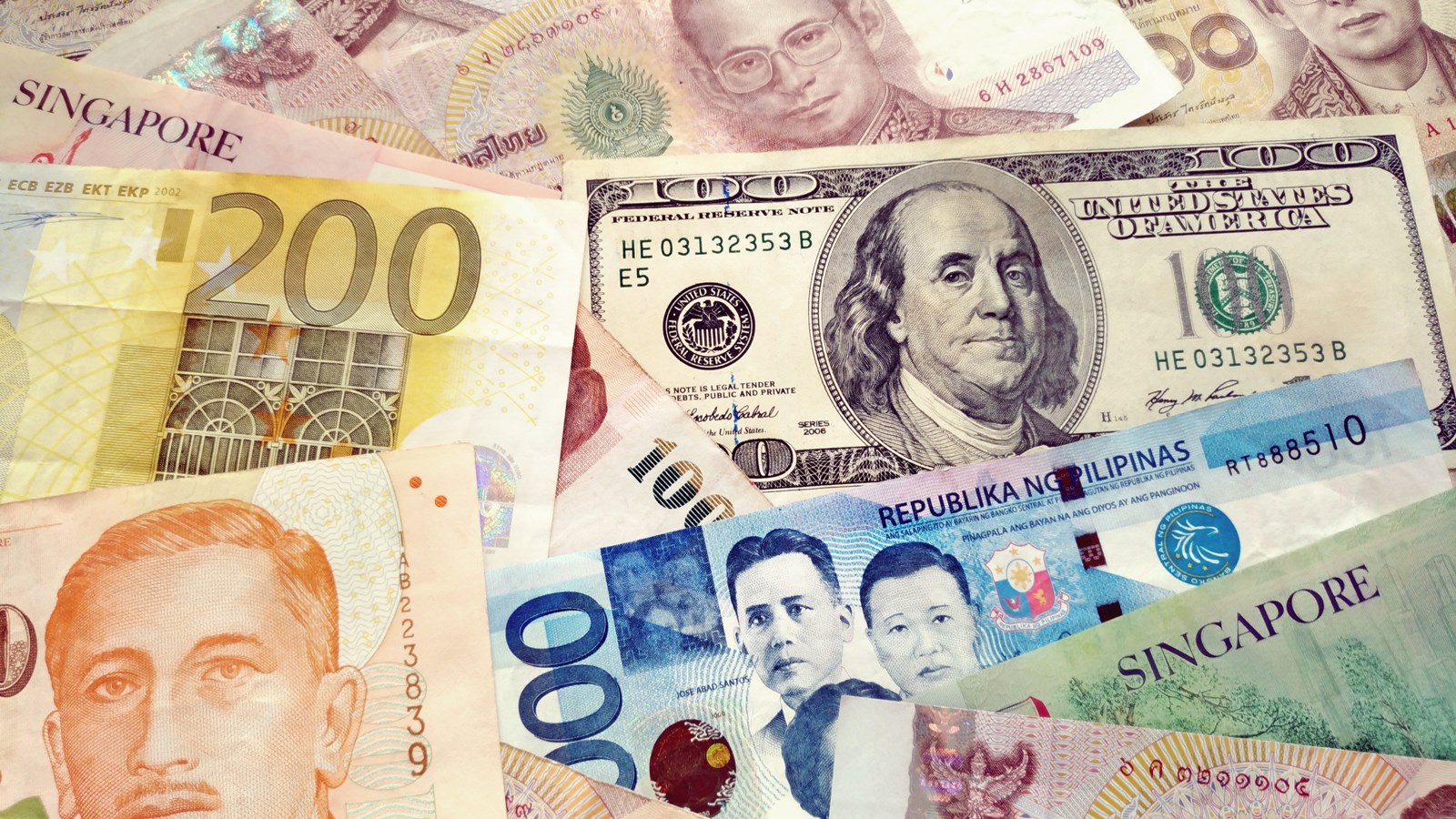Singapore, January 09, 2018 — Moody’s Investors Service has assigned a
Baa1 rating to the USD-denominated senior unsecured notes proposed by
KASIKORNBANK Public Company Limited (KBank) and to be issued under its
US$2.5 billion Euro Medium Term Note (EMTN) program.
The bonds will have a maturity of 5.5 years and will be listed on the Singapore Stock Exchange (“SGX-ST”).
The drawdown will be from KBank’s Hong Kong branch. The outlook on the ratings, where applicable, is stable.
The senior debt rating is subject to receipt of final documentation, the terms and conditions of which are not expected to change in any material way from the draft documents reviewed by Moody’s.
Ratings Rationale
The Baa1 senior unsecured debt rating is anchored on KBank’s baa2 baseline
credit assessment (BCA) and one notch of uplift, reflecting Moody’s
government support assumptions.
Such support is likely, given the size and importance of the bank to the
system, as well as the Government of Thailand’s (Baa1 stable) record of
support for Thai banks.
The baa2 BCA takes into account KBank’s:
(1) above-average profitability metrics
(2) strong loss-absorbing buffers with steady capital levels from prudent capital management and
(3) a stable funding profile which benefits from a large retail deposit base and low reliance on market
funds.
The BCA also reflects some of the challenges the bank faces, including
downside risks to loan quality posed by the current operating climate,
and the relatively high credit concentration in single borrowers and
industry sectors, although this factor has shown a consistent declining
trend.
Factors that could lead to an upgrade
KBank’s senior unsecured debt and deposit ratings could be upgraded if
Thailand’s sovereign rating is upgraded.
Upward pressure on the bank’s BCA could develop if there is a material
improvement in the bank’s standalone credit worthiness, supported by a
stable and predictable operating environment. Specifically, an upward
revision of the bank’s BCA could result if (1) it reduces its gross NPL
levels and increases provisioning or capital consistently; or (2) it
continues to reduce its credit concentration in single borrowers and
industry sectors.
Factors that could lead to a downgrade
KBank’s ratings could be downgraded if Thailand’s sovereign
creditworthiness deteriorates or the bank’s operating environment
deteriorates materially, resulting in a worsening of the bank’s
standalone credit worthiness and leading to a lowering of its BCA.
Specifically, downward pressure on KBank’s BCA could develop from
(1) a significant weakening in the operating environment accompanied by a
loosening of underwriting practices that pose asset-quality risks; or
(2) a material erosion in net interest margin (NIM), such that risk-adjusted
profitability (measured by net income as a percentage of tangible assets)
declines consistently; or
(3) a decline in capital adequacy, such that its Tier 1 ratio falls below double-digit levels in percentage terms.
The principal methodology used in this rating was Banks published in
September 2017. Please see the Rating Methodologies page on
www.moodys.com for a copy of this methodology.
KASIKORNBANK Public Company Limited is headquartered in Bangkok,
Thailand, with a reported total assets of THB 2.9 trillion as of 30
September 2017. It is the fourth largest bank by assets in the country.
About the author
Boris Sullivan is a business news editor based in Hong Kong. He has over 15 years of experience in covering the latest trends and developments in the Asian markets, as well as the global economy.










